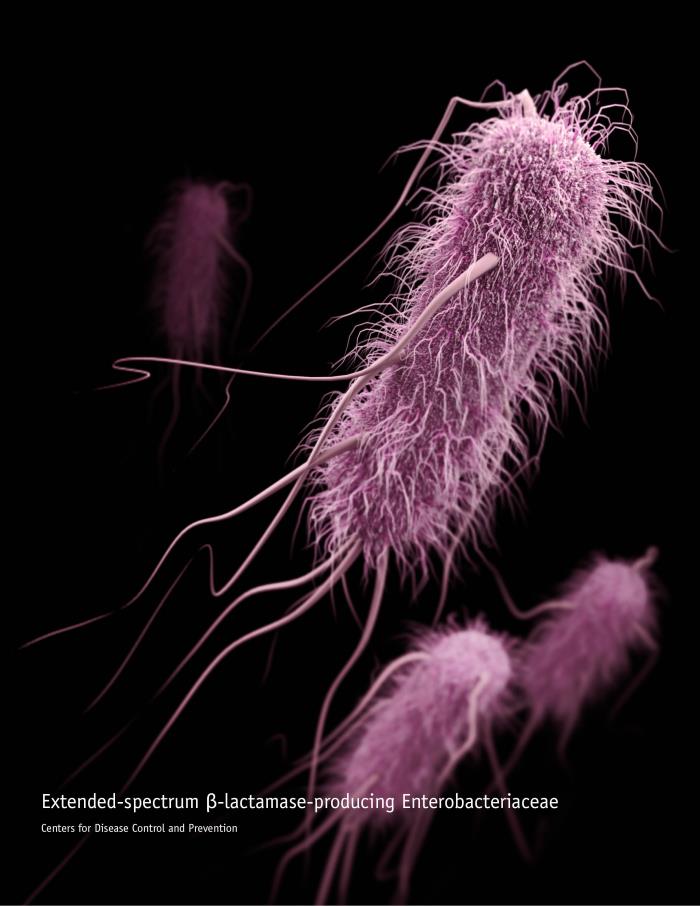You Can Get E. coli from Restaurant Steak
Many restaurants buy steak that is mechanically tenderized. The meat is pierced with small needles or blades to cut through some of the connective tissue to make the steak more tender. This process can contaminate a piece of steak with E. coli if the equipment is not kept clean or if E. coli bacteria are present on the steak’s surface.
If you do get E. coli from restaurant steak, you can sue the restaurant for E. coli and get compensation. Contact our E. coli law firm for a free consultation using the form below.

Below is information on a past E. coli outbreak linked to steak served at a restaurant.
KRM Restaurant Outbreak Linked to Steak
A 2009 E. coli outbreak linked to restaurant steak sickened at least 19 people in Colorado, Iowa, Kansas, Michigan, South Dakota, and Washington. We know of at least one child who may have developed hemolytic uremic syndrome (HUS) from an E. coli infection that may be connected with this outbreak.
Prompted by this outbreak, National Steak and Poultry, an Oklahoma firm, recalled almost 250,000 pounds of blade-tenderized, non-intact steak on December 24, 2009.
KRM Restaurant Group, which operates 15 locations of the 54th Street Bar and Grill, is noted in a National Steak and Poultry press release issued Dec. 28:
“The recall is limited to beef products sold primarily to the Moe’s, Carino’s Italian Grill, and KRM restaurants in Colorado, Iowa, Kansas, Michigan, South Dakota ,and Washington. These are the states where the USDA has determined there have been illnesses that could be linked to contaminated beef.”
E. coli O157:H7 is a harmful pathogen that can cause serious illness including hemolytic uremic syndrome.
Steak E. coli Facts
- Contrary to popular belief, steak can be a source of E. coli poisoning.
- Low-grade cuts of beef are often “mechanically tenderized,” and are known as “non-intact” steaks. This means they have been injected with tenderizing fluids or punctured with blades to improve flavor and tenderness.
- This process allows for E. coli on the meat’s surface to penetrate into the meat, where it cannot be killed unless the steak is cooked to well done (160°F).
- The mechanical tenderization process can cross-contaminate other, previously uncontaminated cuts of meat.
- About 94 percent of surveyed meat processors mechanically tenderize meat, according to a 2003 study cited by a Colorado State University report.